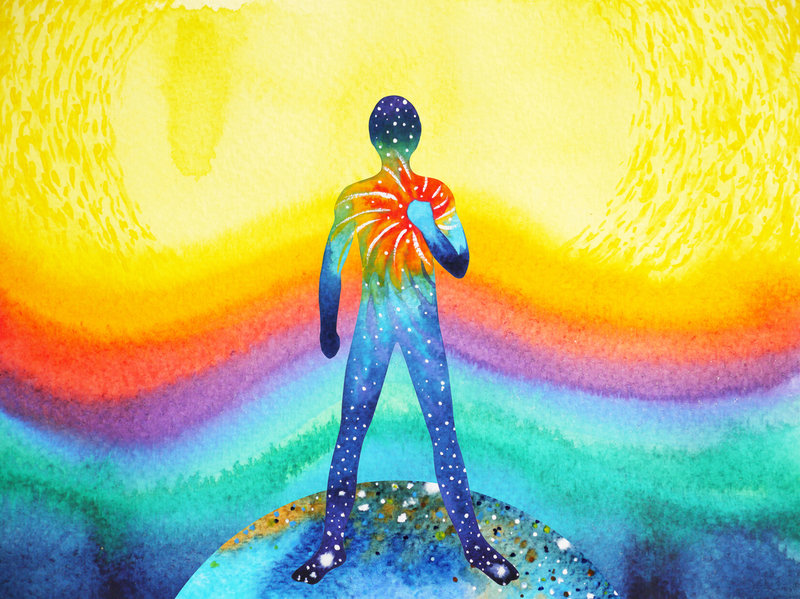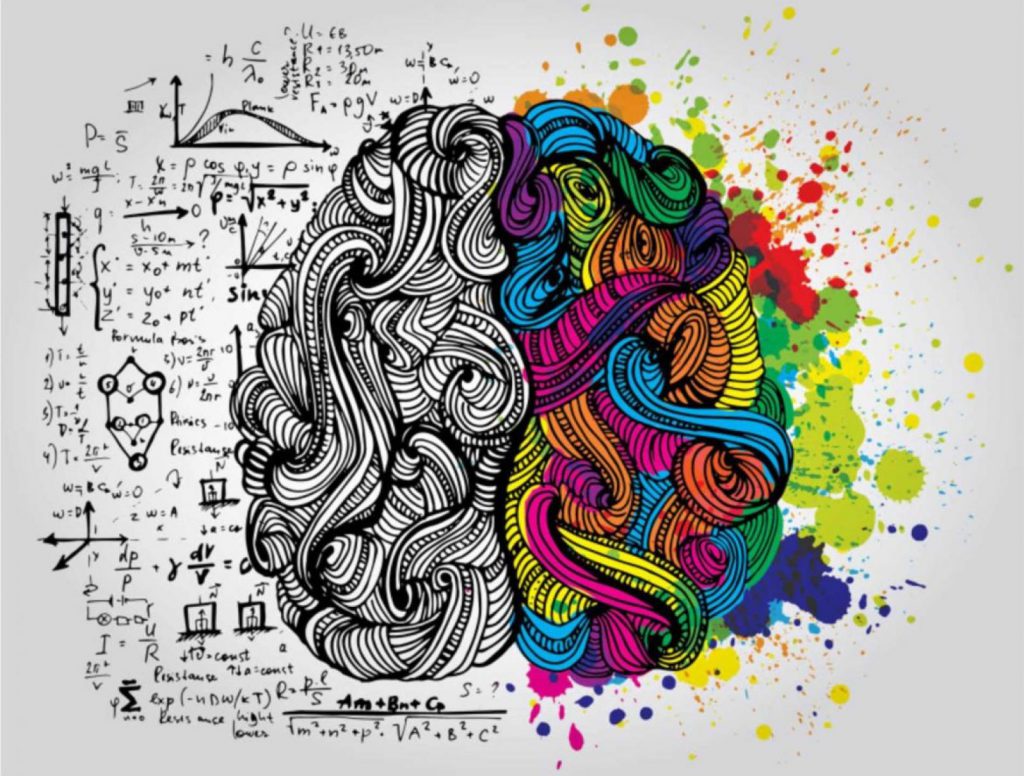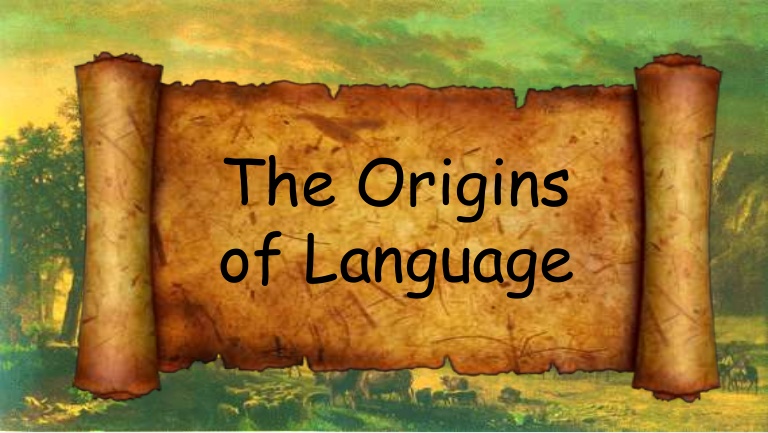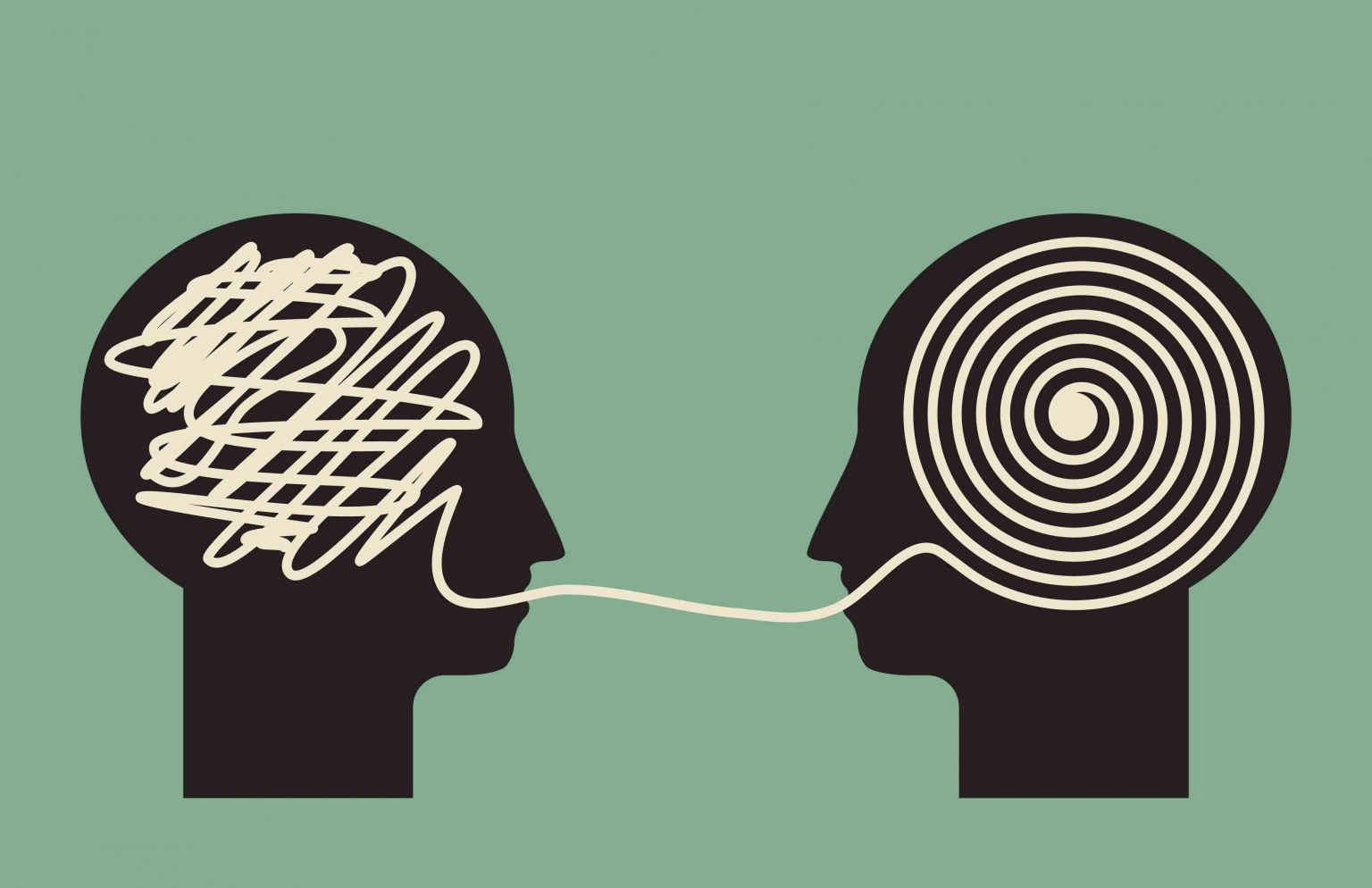
Introduction
What is language awareness?
A question that I asked myself multiple times while making the required assignments. It is also a question that I do not believe has one single answer, language awareness, and its appliance can be different from person to person, which makes it a very interesting question.
Below, you can find the individual assignments from our linguistics 3 class, at the bottom of every page is a large button to continue to the next section.
I hope you will enjoy my pieces and that they might spark the same interests for you as they did for me. If there are any questions after reading the assignments, feel free to contact me through the contact page.
Enjoy.
Language Awareness assignments
Assignment 1.1 What is language?
Quote 1: Words signify man’s refusal to accept the world as it is. – Walter Kaufmann
As man came to master the art of writing and spoken language, evolution exponentially increased. We started living in communities, people shared stories and dreams, wrote down those stories and dreams to pass them on, but most importantly, mankind began to make sense of the world around it.
As we moved on from the god of the gaps to the early days of modern science, we became more and more aware of the reality we live in. Reflected in the thousands upon thousands of books mankind has produced over the centuries, we see an intrinsic need to use words to describe our feelings, thoughts and perceptions. Up to this day this cycle is repeated, we question everything we find in our natural world, however astonishing they may be. Nothing is taken for granted and every stone is turned. Humans need to understand, we need to
explain and experience.

Quote 2: Language forces us to perceive the world as man presents it to us. – Julia Penelope
This quote, much like the previous, refers to mankind’s perception of the natural world.
The question remains to be asked if this is indeed reality as it is, in its truest form. For decades man has used literary works to explain, experience and explore the unknowns of our universe. Charles Darwin’s “On the origin of species” for example, the book that changed our perception of evolution and natural selection, beautifully describes his travels and discoveries as he experiences them. He poses questions and tries to find answers to those questions by testing his theories. It is a perfect example of mankind trying to find an understanding of the natural world, Darwin does so with a passion and drive unparalleled in our time.
One thing I must add, this quote refers to “the world as man presents it to us”. Man does not present the world; the world presents itself. Nature has no care for mankind and its tiny ideas. We are but specks of stardust in this vast universe. It is our own obligation to our self to find meaning and explanation for the things we question. And question we do, our relentless and unending thirst for knowledge will never be quenched.
Quote 3: Language is the blood of the soul into which thoughts run and out of which they grow. – Oliver Wendell Holmes
This quote strikes me deeply because it beautifully encapsulates everything that I have stated before. Language is what enabled mankind to thrive, to share, to question and to learn. Without language our society would not be able to exist as it is today. Some people would state that without language mankind would be nothing more than glorified apes.
This is something that I do believe to be true. Our quintessential need to explain and find meaning is what keeps humans on the top of our game.

Definition of language
Language is the chosen method of communication that has both spoken and written form, governed by a set of grammatical rules, which have been accepted in consensus within society. This form of communication has established itself as the most dominant social structure today, over the course of hundreds of years. Humanity’s intrinsic need to share, experience and record knowledge have driven us towards this method, allowing ourselves to become more enlightened as a species. It is the expression of ideas and thought by means of vocal sounds combined into words, the words are combined into sentences to and in turn convey the message we intended.

Assignment 1.2 Learning a language
Can you learn a language?
Is it not safe to assume that we can indeed learn or acquire a language? In modern-day society, most people will be required to learn at least some aspects of a second language next to their mother tongue. We currently have many ways to learn a language available to us on a daily basis. We can safely conclude that; yes, we can learn a language.
How do you do that?
How does one learn anything? The cognitive processes involved in learning a new language are attention, rehearsal in working memory, retrieval from long-term memory, and metacognitive monitoring. All of these are essential to the learning of anything, including a new language. To learn and master a new language, one needs to understand their own learning process.
What would be the difference between learning and acquiring a language?
The acquisition of a language is when people decide to study a certain language for their benefit. The personal interest to utilize the language in a certain way. For example, most Dutch natives will, over the course of their lives, acquire at least some degree of English and German mastery. Because it is something that we encounter in our daily lives and we feel the need to understand.
To learn a language is the intrinsic motivation to completely understand a language. Studying grammatical structures, phonemics, idioms, phrases, etc. To learn a language is the linguistic side of the story. People learn a language for their work, their studies or personal interest.
Assignment 1.3 Creativity

What defines creativity for me is the ability to use your knowledge in ways that aren’t constricted by the confines of modern-day standards. To think outside the box, acting in unexpected ways, carving your own path towards a goal. Creativity is something that I believe is in everyone, however, some might be better equipped to utilize this skill.
Practise makes perfect, it takes effort to learn to be creative. One technique described by Gerard Puccio from Buffalo State College in New York argues that creativity comes in four stages. “Clarifying, ideating, developing and implementing. Clarifying is ensuring you’re asking the right question; ideating is about exploring as many solutions as possible; developing and implementing are making sure the idea is practical and convincing to others.” (Barras, 2014). These four stages seem to encapsulate my previous statement with more clarity, to become creative you must determine what aspects there are and utilize those to the best of your abilities. So, to learn to be creative the intrinsic need must be present in an individual, from that point forward they would have to keep challenging themselves with new goals, new perspectives, and tasks to take on. Only by exposing yourself to situations in which creativity is an asset, can you practice it.
Assignment 2.1 Origins of language
A language is a tool we developed as humans to enhance our chances of survival. Over the century’s language has evolved from that survival perspective much as humanity has. In modern-day society, one could argue that language comes from the intrinsic need to be part of a collective, the need for social interaction and the need to express ourselves. Language, however, is not the only tool we have to do all these things, and for language to be of use to a person, that person needs to develop an intrinsic motivation to master the language. An individual must feel the need to better express themselves or to join a new collective.
If we as teachers can provide our students with insights as to why the acquisition of a new language is something that is beneficial to them, I believe we can motivate any student. There is also the case that the teacher must have a good idea of how to present language to make it more appealing to the students.

Assignment 2.2 Thought language
Do you think language? If so, what language?
Personally, I do think in linguistic terms. But I would argue that they are not complete grammatically correct sentences as we would express to the outside world. Rather, I would have a snippet, a word in my head that connects to another word, and all of a sudden I know exactly what my thought is. What does amaze me is that I seem to think largely in English, rather than in my mother tongue. Having thought about this many times I believe this to be the result of my expanded vocabulary in English and my conviction that I can better express myself in that language. However, on the grander scale, it is well known that not everyone thinks in linguistical terms, some people think in images or rather abstract thoughts. Even more astounding, recent research showed that not everyone has an internal monologue (Hurlburt, 2011).

What is faster: speaking or thinking?
This question is something that is very much subjective. I know that for me, thinking is much faster than writing. I feel that this is also the reason why I sometimes struggle with writing extensive texts on a subject I feel passionate about. This goes especially for writing by hand and not digitally. When I try to keep up with my thought pattern my handwriting becomes erratic and scratchy. This as a result of my thought patterns flowing much easier and faster than what my hand can write down. Biologically this makes sense, for the firing of neurons happens at such speeds that human motor controls could not keep up with.
Assignment 2.3 Dreams
Do we dream language? How or what do you dream?
Another question that is not easily answered, for me the answer is no. I do not dream in any form of spoken language, communication in my dreams is always telepathically, without sound. They are, however, received as a language yet still without sound. More like a string of words being teleported into your brain. It is not uncommon for humans to not be able to speak in dreams, or even to be able to speak languages in dreams they do not even speak in the waking world. Dreams are always a collection of our senses, images, sounds, smells, etc. they all blend to make our dream world as real as it gets.
How do blind/ deaf people dream?
Depending on how the individual in question came to their state (being born blind or deaf or as a result of an accident) will have a great influence on how they dream. Those born deaf still dream, but their dreams focus around visual imagery, for those born blind it is the other way around.
It all depends on how long the individual has been without that sense.
